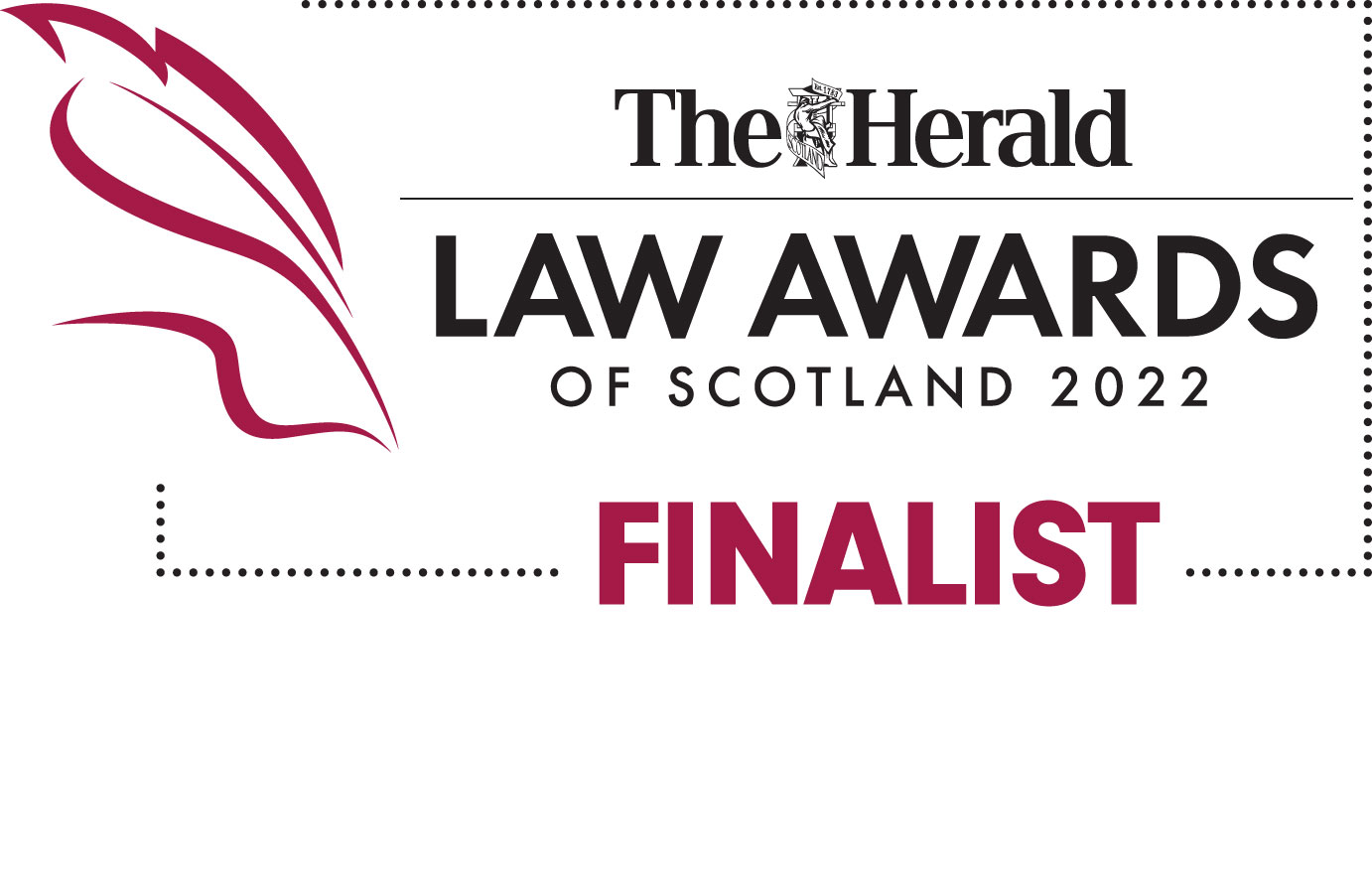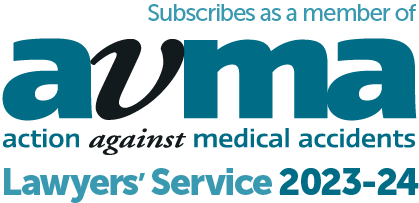Call us now: 0141 429 8166
Call us now: 0141 429 8166
Category: Employment
This will vary depending on the type of employment you have, and your own personal situation. View our frequently asked questions below, or get in touch with our team today for guidance.
You might qualify for occupational sick pay - you should check with your employer. If not, you will qualify for Statutory Sick Pay if you are earning at last £118 per week (unless you have been paid this already for 28 weeks).
You should be given the opportunity to ‘furlogh’ (see our last blog - hyperlink) and the Government will reimburse 80% of your wages up to £2500 to your employer. Payment of that figure should be made in the meantime and you should seek urgent advice if it is not.
There may be some cases where people are not sure if they are an employee or just have the status of a worker. But the Government’s Job Retention Scheme has made it clear that payment is going to be made for everyone who is: a) unable to work due to coronavirus, b) enrolled for PAYE, and c) earns at least £118 per week (£512 a month or £6136 a year).
You will know if you are enrolled for PAYE if you have been given a tax code – if you cannot get this information from your employer, HMRC should be able to tell you.
Even if you are on a zero hours contract, if you can show that you have been earning above the £118 figure, based on an average out your wages for the past 12 weeks, you should qualify. But you must work for a company, partnership, charity or similar – the scheme so far is not going to apply to those who work for themselves.
There can be a lot of uncertainty about whether someone is an employee or self-employed. Often people who think they are employees are really treated as self-employed for tax and employment law purposes. In some areas, such as construction, even if tax is deducted at source, HMRC still views the individual as being in business for him or herself. The Government is going to announce details of how they will be compensated and this will be covered in the future blog. In the meantime, a record should be kept of the earnings that have been lost out on, with evidence (e.g. previous payments) to support that.
Until there is a further announcement, as soon as your income drops, you should find out if you can claim Universal Credit by notifying DWP of your change in circumstances, and explaining it is due to the impact of the Coronavirus.
The rules for this have been loosened and you no longer have to attend a Jobcentre for interview. The amount you would receive depends on your household situation:
You will be eligible to access Universal Credit at a rate equivalent to SSP for employees – a maximum of £94.25 per week.
Patience is recommended – changes to the law are being implemented and this process should iron out many uncertainties. Care should be taken not to alienate an employer who is being asked to carry a financial burden until Government payments are arranged.
However, one point to bear in mind is that generally unpaid wages have to be formally claimed within a maximum of three months – further advice should be taken well before that time runs out.
Reliable, expert advice you can trust. Get in touch today










AWARD WINNING, SCOTTISH SOLICITORS